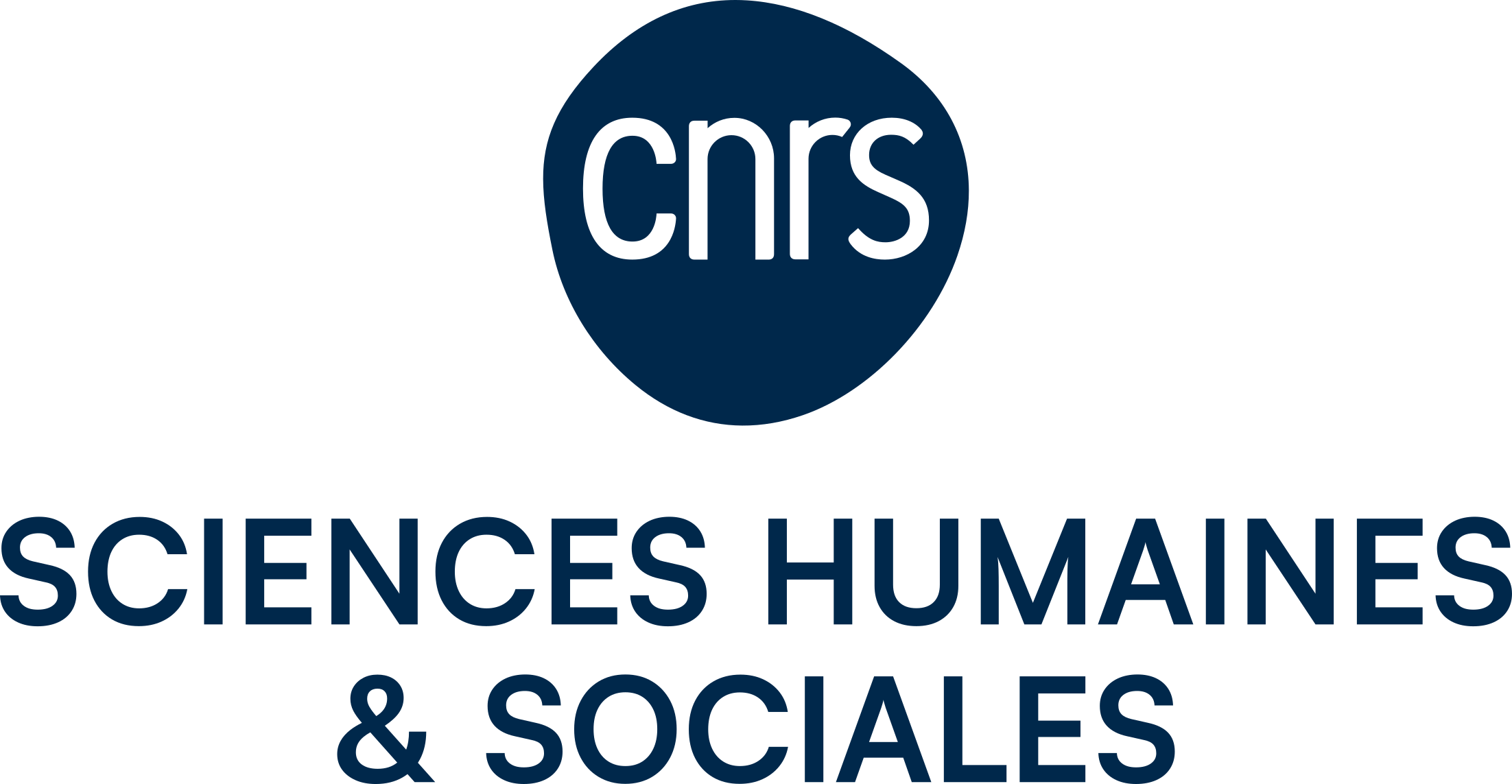27/01/2022 - 12h - CPAFO salle 404
jeudi 27 janvier 2022, par
1) CPAFO Saison 2022 : retour et organisation 2) Chu et Evans 2021 : Une science trop rapide ?
« Le retour de la table ronde CPAFO restée sans convive depuis trop longtemps »
Le premier rendez-vous de cette nouvelle saison 2022 aura lieu jeudi 27/01/2022 en salle 404, dans le respect des gestes barrières, entre 12h et 13h.
| Date : | Jeudi 27 Janvier 2022 |
|---|---|
| Heure : | 12h00-13h00 |
| Lieu : | Salle 404 |
Pour le retour de CPAFO (Saison 2022) nous aborderons deux points :
1) Réfléchir et repenser l’organisation de ces rencontres informels (fréquence des rdv, lieux, formats, thématiques…).
2) Présentation de l’article de Chu et Evans (2021) sur les conséquences d’une science trop rapide avec des contributions trop fréquentes.
Si cet article sera sans doute source de discussion, cette première édition de la saison 2022 de CPAFO a pour principal objectif la structuration des rencontres à venir.
Pour rappel, ce rendez-vous est ouvert à tout le laboratoire. Ce premier épisode sera l’occasion de réfléchir aux nouvelles modalités de rencontre afin d’aboutir à un format qui correspond aux attentes du plus grand nombre. N’hésitez pas à venir pour faire entendre votre voix.
Lien Teams pour les personnes à distance
À jeudi pour cette nouvelle édition !
Auteurs (année) : Chu & Evans (2021)
Titre : Slowed canonical progress in large fields of science
Journal : Proceedings of the National Academy of Sciences (PNAS)
Résumé :
In many academic fields, the number of papers published each year has increased significantly over time. Policy measures aim to increase the quantity of scientists, research funding, and scientific output, which is measured by the number of papers produced. These quantitative metrics determine the career trajectories of scholars and evaluations of academic departments, institutions, and nations. Whether and how these increases in the numbers of scientists and papers translate into advances in knowledge is unclear, however. Here, we first lay out a theoretical argument for why too many papers published each year in a field can lead to stagnation rather than advance. The deluge of new papers may deprive reviewers and readers the cognitive slack required to fully recognize and understand novel ideas. Competition among many new ideas may prevent the gradual accumulation of focused attention on a promising new idea. Then, we show data supporting the predictions of this theory. When the number of papers published per year in a scientific field grows large, citations flow disproportionately to already well-cited papers ; the list of most-cited papers ossifies ; new papers are unlikely to ever become highly cited, and when they do, it is not through a gradual, cumulative process of attention gathering ; and newly published papers become unlikely to disrupt existing work. These findings suggest that the progress of large scientific fields may be slowed, trapped in existing canon. Policy measures shifting how scientific work is produced, disseminated, consumed, and rewarded may be called for to push fields into new, more fertile areas of study.

depuis votre smartphone



